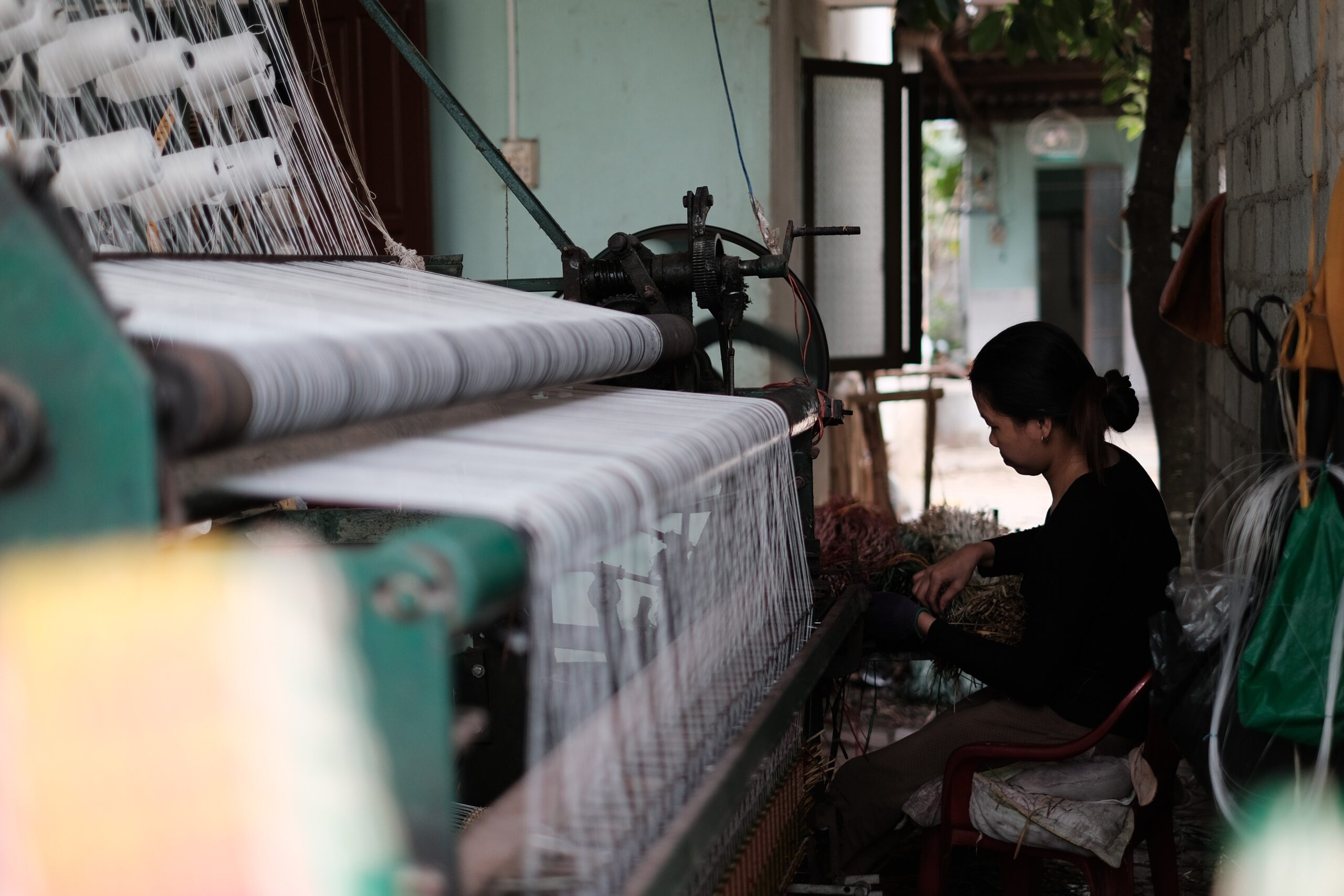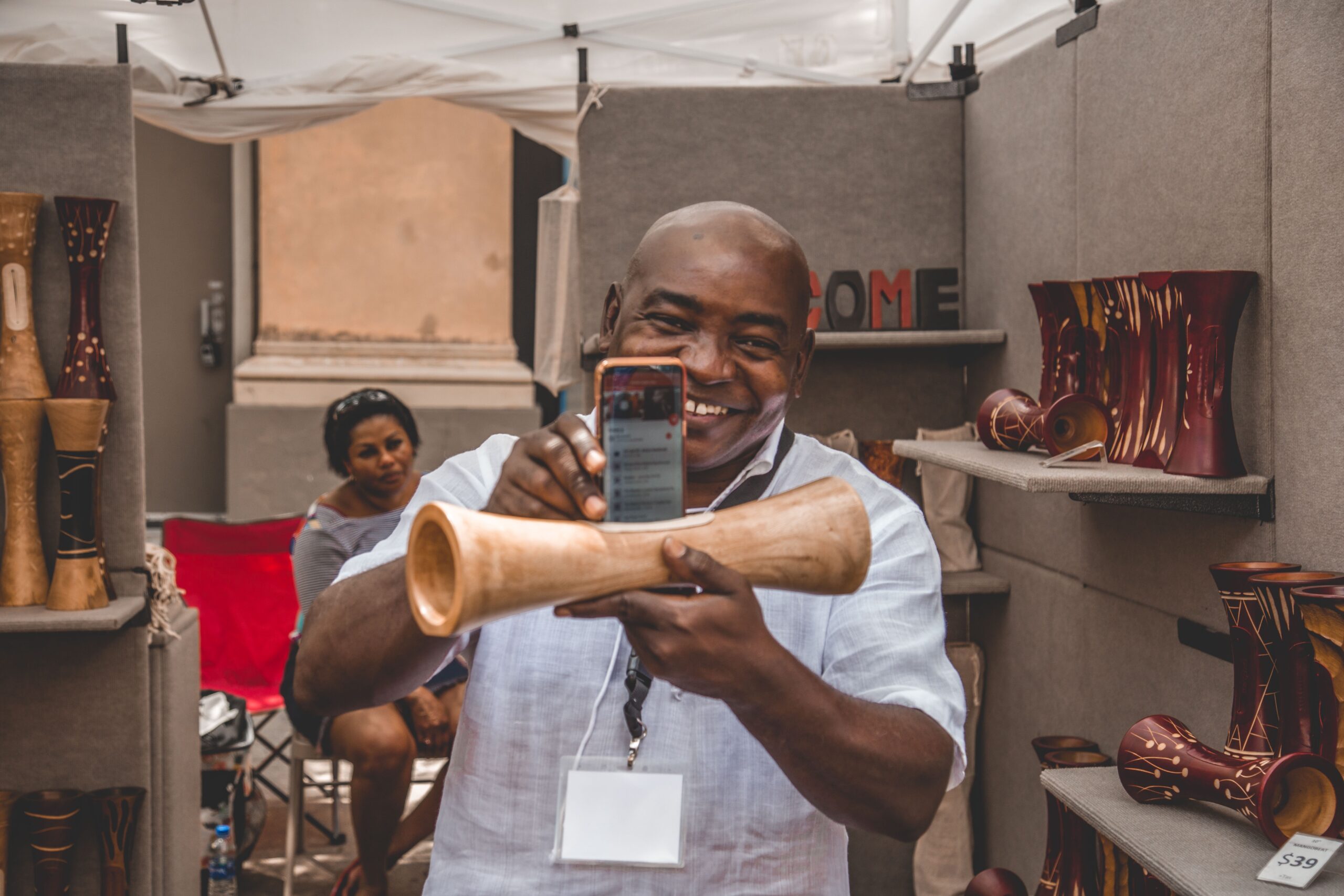UNFAIR EMPLOYMENT RISKS FOR APPAREL WORKERS
Date
- Published March 1st, 2021
‘All employees, regardless of what company they work for, deserve an environment where they are treated with respect and dignity’
Edith Castillo

Edith Castillo said it best, yet not everyone is experiencing the respect they deserve.
Many men and women working in Asia, the centre of the garment manufacturing industry, are underpaid and undervalued. Around sixteen million people are forced into labour in the private sector, which also includes the apparel industry. This forced labour, also known as modern slavery, is defined as work for which people have not offered themselves voluntarily, or feel a form of threat, violence or penalty if they do not comply. According to the Global Slavery Index of 2016, fifty-eight per cent of people forced into labour are located in China, India, Pakistan, Bangladesh and Uzbekistan, which are also the go-to countries whom produce cotton and/or garments.
Furthermore, the workers who are making our garments are often not paid enough to fulfill their basic necessities. Governments legislate minimum wages for the apparel industry, but fail to meet the human right of living wages. Living wages are based on essential needs such as food, water, housing, sanitation, transport and clothing, however a lot of workers are not offered all of those things. Most legal minimum wages in Asia are still too low to ensure workers of a basic standard of living, and many factories do not even obey the state’s regulations. Some countries face more difficult circumstances than others. In Bangladesh for example, the contribution of wages to a family’s basic needs is eighteen per cent, and was even four per cent lower in 2011.
Next to the low wages that garment workers receive, they also are forced to work excessive hours in order to meet demand. This overtime can count for between 48- to 60 hours per week, which is way longer than is regulated for. Workers often feel like they cannot deny the excessive working hours, because of the lack of meeting basic living standard. Overtime is caused by the rise in fashion seasons per year, and a high demand for short lead times.
When workers are contracted, they are often obliged to sign a contract that does not give access to social benefits. This leaves them and their families trapped in a cycle of poverty. Even so, the differences in paid wages between flexible labour, employment through third-party labour suppliers, and permanent labour, are significantly high. In India, garment workers contracted through third-party labour suppliers sometimes earn fifty percent less than permanent workers.
In addition, the production process requires workers to execute tasks that can affect their health and wellbeing tremendously. The inhalation of fibres during ginning or spinning, exposure to harmful chemicals, excessive heat in the workplace and lack of protective equipment are all examples of an unsafe working environment, which leads to a number of 5.6 injuries per hundred workers in 2015 alone. In cotton farming, the use of heavy chemicals leads to the premature death of farmers, a study released by the WHO (World Health Organization) revealed that almost 20,000 people die every year from pesticide poisoning.




